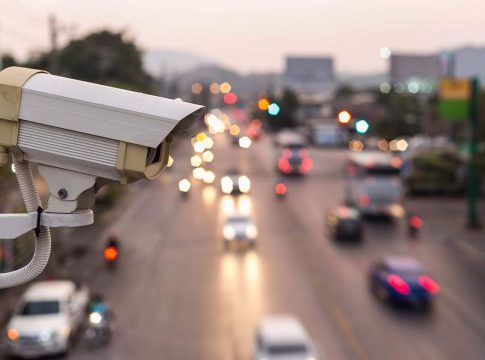Huawei has always been in the spotlight and it stands accused of selling technologies to potentially repressive governments like Uganda as part of its “Safe City” initiative and in so doing helping to undermine human rights in these countries.
According to a report by Quartz Africa, there are currently 12 ‘Safe City’ programs in sub-Saharan Africa, including in Uganda, Kenya and South Africa, based on the information from the Center for Strategic and International Studies (CSIS), a think tank based in Washington DC.
It should be noted that Safe City initiatives are the Huawei’s flagship public safety solution designed to provide local authorities with a wide range of modern products and rely on a series of Internet of Things (IoT) devices intended to improve policing efforts. In its latest ‘Safe City’ brochure, the company promotes its “automated, intelligent policing information systems” and boasts of its “omnipresent sensing” and “intelligent surveillance” capabilities.
Quartz Africa reports that Huawei has always been willing to trade with authoritarian regimes is certainly not unique among major telecoms and tech suppliers. However, given the company’s dominance in the African telecommunications sector, concerns remain that its sophisticated tools, which include facial recognition cameras and social media monitoring tools, will be used by authoritarian-leaning regimes to undermine human rights.
Dorothy Mukasa, CEO of Unwanted Witness, a Ugandan digital rights advocacy organization said that;
Huawei’s Safe City initiative undoubtedly threatens human rights in Uganda, including the right to peaceful assembly and association as the country prepares for [the] 2021 general elections.
In August 2019, following an investigative report by the Wall Street Journal it was alleged that Huawei Uganda aided the state government to spy and block the actions of members of the opposition especially Bobi Wine, the company has issued a statement to refute the allegations as “unfounded and inaccurate”.
“This is an extension of China’s surveillance apparatus into Uganda through [the] Ugandan Police force, an agency with a track record of brutalizing journalists and opposition politicians,” Mukasa added.
The report in question suggested that Ugandan authorities used assistance from Huawei to hack into messages to block the plans for Presidential hopeful Robert Kyagulanyi popularly known as Bobi Wine to stage street rallies and it is through this that he was arrested together with his supporters.
Huawei came out to defend it’s Safe city surveillance initiative that it “prides itself on its compliance with the local laws and regulations in all markets where it operates” and that its code of business conduct does not allow employees to undertake any activities that would compromise customers or end users’ data or privacy.
Huawei clearly stated that the only project in relation to security that they are involved in is that of CCTV cameras installed on roads and highways and dismissed any accusations that they had staff stationed at the Uganda Police Headquarters as alleged in the Wall Street Journal report.


